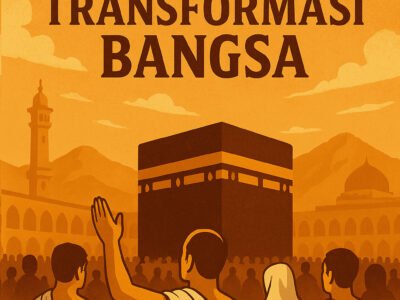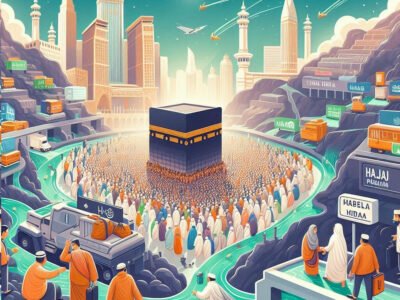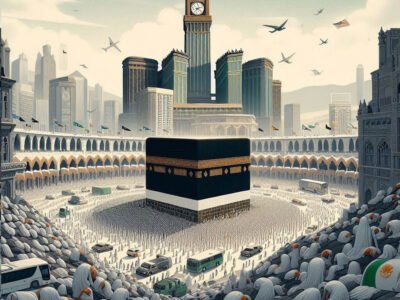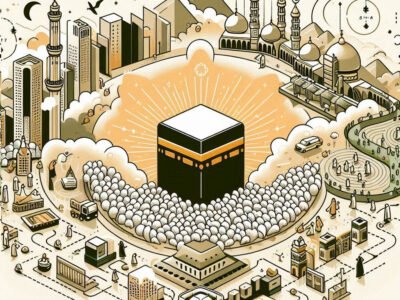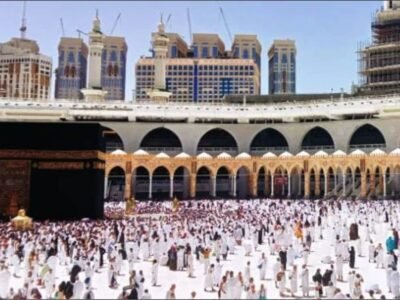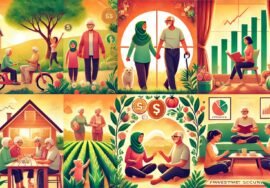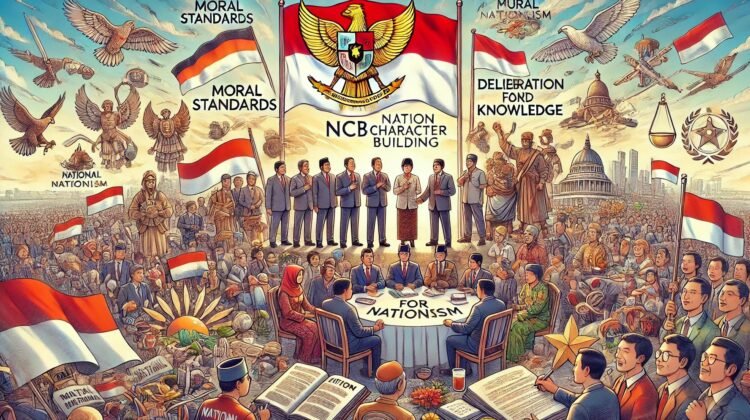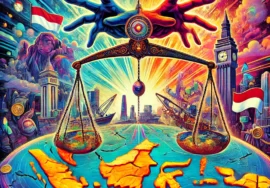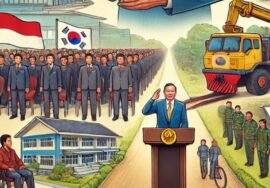(3) Prabowo’s Greatest Agenda Should Be Nation Character Building (NCB)
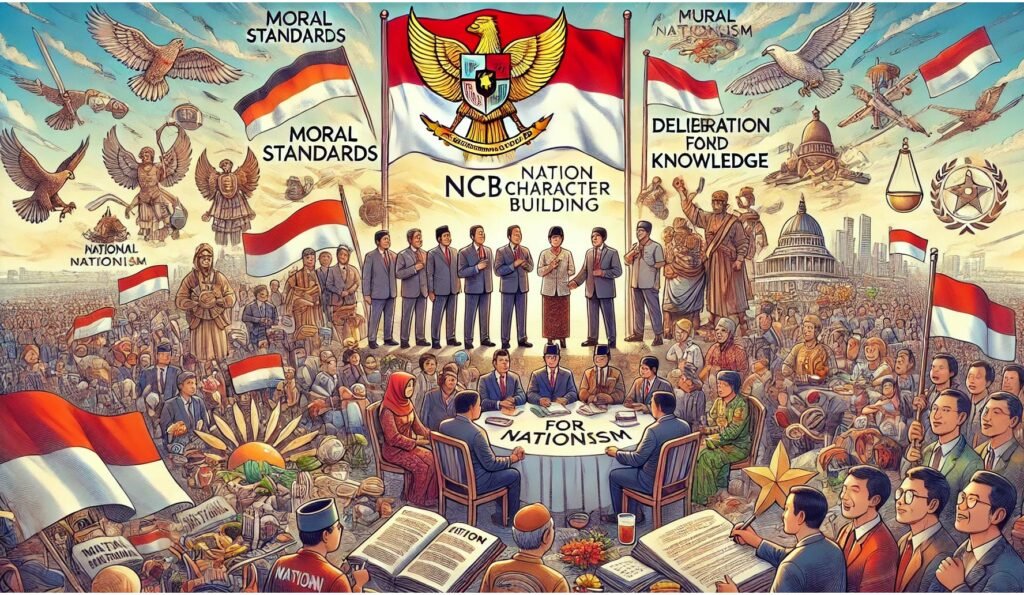
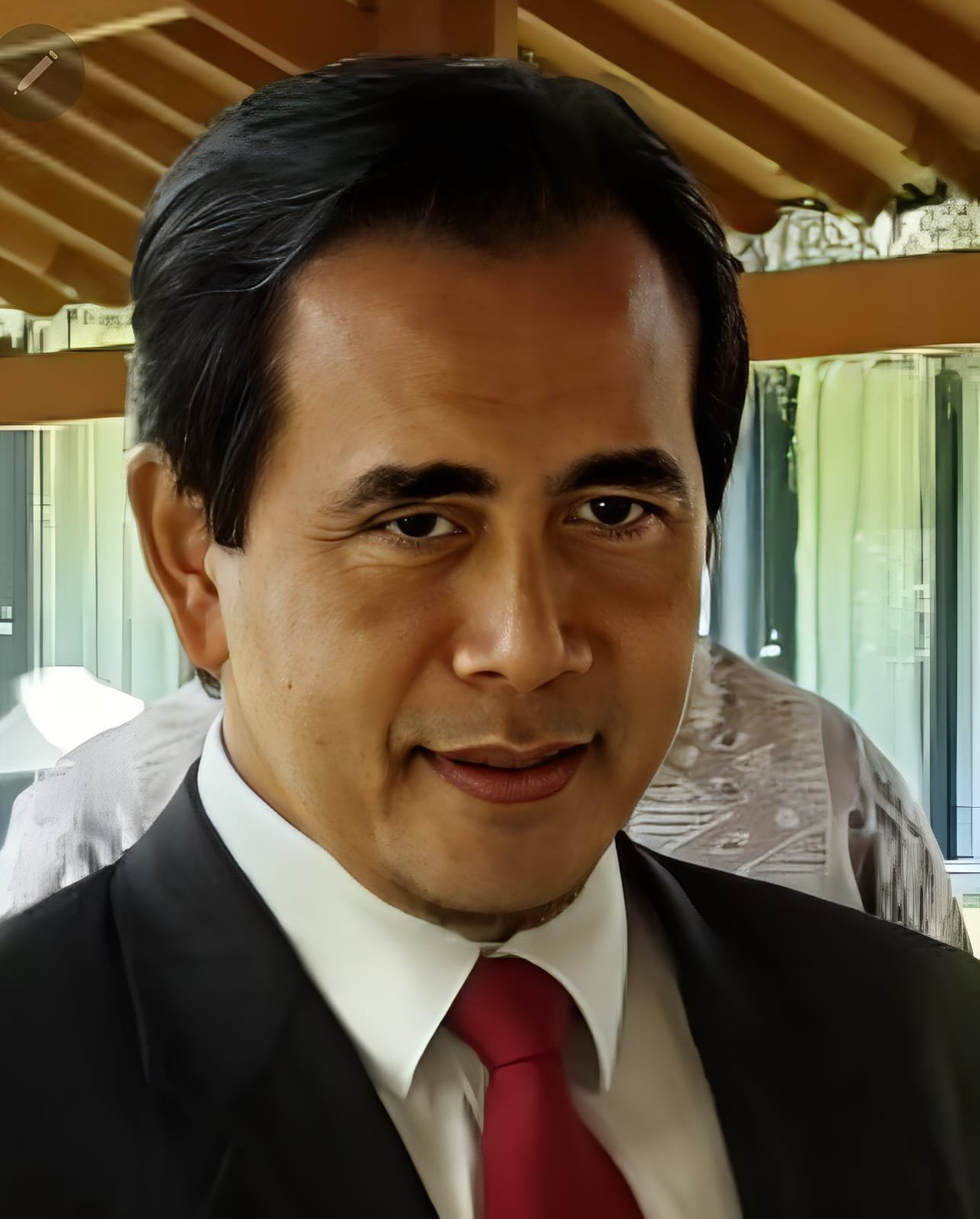
From the explanations in Parts 1 and 2 of this article, it is clear that Nation Character Building (NCB) cannot be taken lightly—it must be a priority to be addressed. This is where everything begins. No nation can progress without a strong and adaptive character. But what is the concrete form of Nation Character Building (NCB) that the new administration must strive to implement?
1. Uphold the Moral Standards of Governance
The state is a manifestation of public idealism, and therefore all state officials must uphold and embody that idealism by serving and executing the will of the public. That is the essence of a statesman. In other words, they hold office solely to fulfill that public mandate.
Included in the definition of state officials are those who work in the name of and for the people. All party elites, private sector actors, academic institutions, civil society organizations, and the press—who are all pillars of the state—must genuinely uphold the ideals of governance. They must be statesmen.
Enforcing these moral standards is crucial because the corrupt, immoral, and hedonistic behavior of many officials today is deeply disheartening. The president must begin with himself—examine and demonstrate his own moral integrity as a statesman. He must also scrutinize the moral standing of the vice president appointed through the Constitutional Court’s ruling. Openly reveal his moral track record, assets, and past policies to prove his integrity—so that the public harbors no suspicion and has no grounds to contest or reject him.
Once the president and vice president have signed a moral integrity pact, the next step is to appoint ministers who are moral, have clean track records, and are committed to national ideals (public idealism). The president must not select figures merely because of political debts, nepotism, or threats. He must choose only those who are true statesmen—moral, non-hedonistic, uncorrupted, and capable.
2. Establish a National Vision of Greatness with the People
The new administration must establish a clear and tangible vision of national sovereignty and greatness. The president must speak of a shared aspiration for national greatness to be achieved with the people—not an abstract vision that favors oligarchs while abandoning the public.
This pursuit of greatness must be built together with the people. Citizens must be involved as active participants in development—not merely treated as objects. Public interests and participation must be reflected in the national vision. The “Golden Indonesia 2045” vision must be created by and for the people, not by oligarchs for their cronies. Economic growth must come through equity, not inequality.
This is crucial because, at its core, development depends on who creates it and for whom it is intended. National GDP growth without involving the people as participants is profoundly painful. The past ten years of government have been a forced display of oligarchic feasting in front of the public. This has deeply wounded the citizens who entrusted their mandate to the government. Stop the arrogance of the past decade. Fix it all. Turn the government’s vision into the people’s vision. Continue what benefits the people—but end anything that potentially harms them.
3. Strengthen Pure Nationalism
The word “pure” here emphasizes that nationalism must not be a mere slogan. Nationalism must be manifested in all aspects of national life—especially in the economy, culture, and education.
This nation must not become a follower of other countries. After 78 years of independence, we must not allow ourselves to be recolonized. Yet our dependence on foreign technology is embarrassingly severe. Our domestic economy has become a dumping ground for foreign exports. It is shameful that a resource-rich nation like ours only exports raw materials and imports finished goods.
This is a mindset issue. The new ruling elite must put an end to all neoliberal policies that have clearly devastated this nation. The national and people’s economy must be prioritized. The government must side with the people and the ideals of the state—not with markets dominated by capitalists. Government elites must not become agents or brokers for foreign interests.
Nationalism means local actors, local products, local brands, and local content. Nationalism means independence—not being enslaved by capitalists (local or global). This must be upheld by the state and executed by the government. Those chosen to lead must be patriotic—defending and protecting local markets, industries, and territories.
Bilateral, multilateral, and global cooperation with other nations must not be avenues for extracting domestic wealth and surplus. On the contrary, such cooperation must strengthen the domestic economy. Global negotiations must be conducted with dignity, not submission. History has shown that colonization only occurs when a nation weakens itself.
4. End Authoritarianism, Revive Deliberation
This is the essence of the Fourth Principle of Pancasila. Involve the public and use knowledge and science in all public policymaking. The government cannot operate based solely on gut feeling or emotion. We are building a nation of 278 million people. The expertise of thousands of scholars and intellectuals must not be silenced or confined within academic institutions. Knowledge must co-pilot governance. Every policy must undergo public testing to ensure its validity.
Deliberation is the foundation and starting point of truth—because truth does not belong to power. Power must be subject to the law, not the other way around. Legal justice must be genuinely upheld—for both the public and those in power. Law enforcement officers are servants of God, not servants of the rulers.
This is the beginning of order and public compliance. Public trust in the government does not begin with the people—it begins with officials who have integrity. National leadership must be credible and trustworthy so that it becomes a model of national virtue. From here, our nation’s social capital will grow strong. And it is this social capital that will make us strong before other nations.
5. Uphold Justice for All
Justice is the heart of public life. No matter how brilliant a public program may seem, it is meaningless without justice. No matter how grand a public project appears, it is worthless if it ignores justice. Therefore, the new administration must boldly and thoroughly review all existing programs through the lens of justice. The new capital city (IKN), high-speed rail (KCIC), infrastructure, and all projects disguised as National Strategic Projects (PSNs) must be evaluated using the standard of justice for the people.
Government authorities from central to regional levels must never neglect justice in their policymaking. Public policies without justice will hurt the people. Economic growth will only be painful if it lacks justice. Therefore, the pillars of justice must be upheld. Commutative justice, which is the fair enforcement of laws and rules, must be upheld. Distributive justice, which is the fair distribution of development opportunities and outcomes, must be upheld.
Conclusion
The length of this article is meant to emphasize just how important Nation Character Building (NCB) is and how it must be prioritized by the new Prabowo administration.
But even this long call to action is nothing compared to the long list of challenges that must be addressed due to the weakness of our national character. Therefore, if NCB is truly prioritized and implemented, we can face the future with hope and bright smiles. We could even say that there are no insurmountable national problems—if our national character is strong. The greatness of our nation can truly be achieved together, if our social capital is solid. This is what the new Prabowo administration must prioritize.
So take heed, O people of reason. (Fa’tabiru ya ulil albab)
